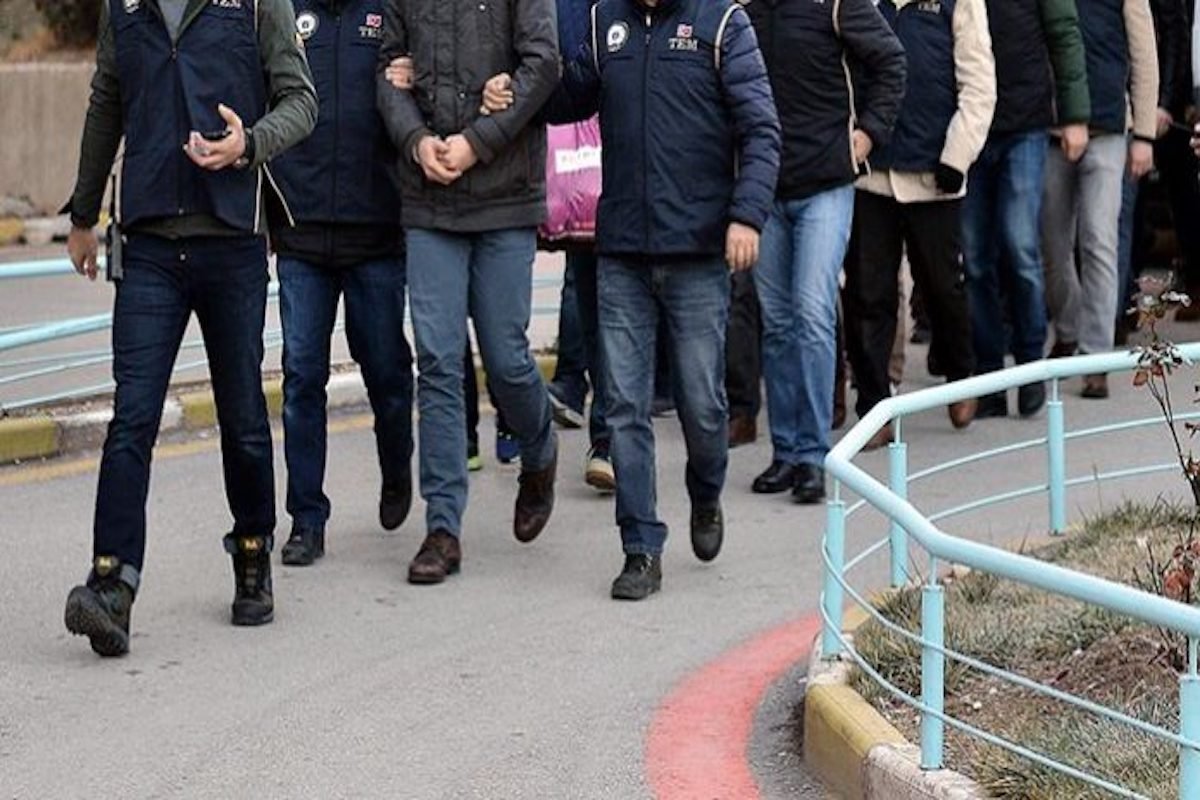Turkish authorities on June 8 ordered the detention of 149 people including police officers, military personnel and civilians as part of a massive crackdown targeting the faith-based Gülen movement, led by US-based cleric Fethullah Gülen, Turkish media reported.
The Balıkesir Public Prosecutor’s Office ordered the detention of 74 former police officers dismissed from their jobs by emergency decree-laws. Law enforcement is carrying out simultaneous operations in 13 provinces to take the suspects into custody.
The Gaziantep Public Prosecutor’s Office in a separate investigation ordered the detention of 33 people including 24 active duty police officers in 16 provinces across the country.
In another probe conducted by the Bursa Public Prosecutor’s Office 42 people including active duty military officers, students expelled from a military high school and civilians were taken into custody in 17 provinces.
The suspects are accused of communicating with alleged members of the Gülen movement with pre-paid phone cards, using a messaging app that was available at the Apple and Google app stores, taking part in Gülenist gatherings and making donations to Gülenist charity events.
The detentions came after parliament enacted a release bill to reduce the number of inmates at risk of contracting the coronavirus in the country’s overcrowded prisons. The release, however, explicitly excluded so-called political prisoners, such as politicians, journalists, lawyers, academics and human rights defenders convicted under the country’s controversial and broadly interpreted counterterrorism laws.
Turkish President Recep Tayyip Erdoğan has been targeting followers of the Gülen movement since the corruption investigations of December 17-25, 2013, which implicated then-Prime Minister Erdoğan, his family members and his inner circle.
Dismissing the investigations as a coup and conspiracy against his government, Erdoğan designated the Gülen movement as a terrorist organization and began to target members of the movement.
Following a coup attempt on July 15, 2016 that he accused Gülen of masterminding — an accusation strongly denied by the cleric — Erdoğan intensified the crackdown on the movement, dismissing some 150,000 civil servants including teachers, doctors, academics, lawyers, journalists, police officers and military personnel by cabinet decree, locking up hundreds of thousands of them and seizing their assets.
















